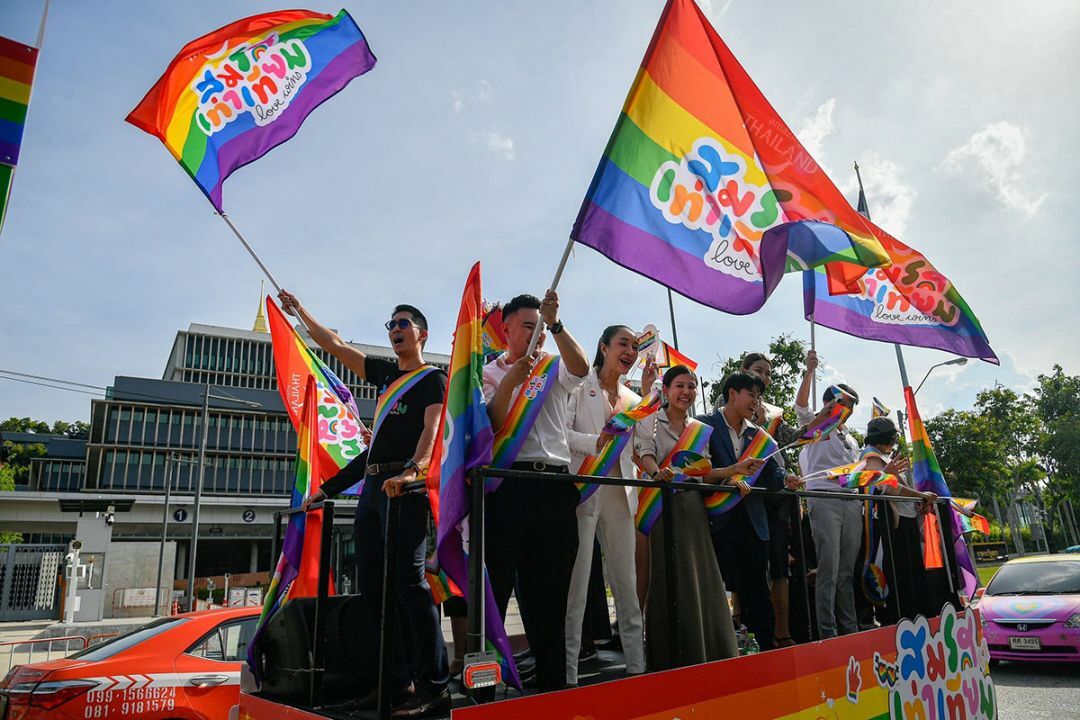Thailand’s marriage equality law requires effective implementation

Following the introduction of the Marriage Equality Law in Thailand, experts highlight the need for effective implementation and support for the LGBTQ+ community.
A recent forum titled Marriage Equality: From Diverse Viewpoint to Effective Legal Implementation, organised by the Thai Health Promotion Foundation and Thammasat University, addressed how to enact the law inclusively.
Academics specialising in gender studies acknowledged that the legislation, effective from January 23, has brought both positive and negative societal changes.
This law positions Thailand as the first Southeast Asian nation to allow marriage registration for all people, regardless of gender or sexual orientation, granting them similar benefits to heterosexual couples. However, challenges persist, with prejudices against this minority group surfacing during discussions at the event.
Ronnapoom Samakkeerom, a public health lecturer and chairman of the Foundation of Transgender Alliance for Human Rights, noted the law’s contribution to advancing gender equality in Thailand and its impact on legal and demographic changes. Despite public support for LGBTQ+ family legalisation, the law has also rekindled biases in certain sectors.
Ronnapoom referenced a recent incident involving a retired senior police commissioner who criticised a video of two male police officers kissing while registering their marriage.
Initially expressing disgust, the commissioner later clarified that his objection was to public displays of affection in uniform. This incident exemplifies conditional acceptance, where LGBTQ+ people are only accepted under specific conditions.
Ronnapoom suggested establishing a centre for complaints about discrimination by state officials, as insensitivity has been evident during marriage registration processes.
Marriage equality
Narut Supawantanakul, a lecturer at the Learning Science and Education faculty, urged the business sector to adjust staff benefits in response to changes in LGBTQ+ family status. He also emphasised the importance of educational institutions understanding and raising awareness of LGBTQ+ issues, particularly for students with same-sex parents.
Akra Metasuk, from the same faculty, pointed out the need to consider the welfare of ageing LGBTQ+ people, especially those who are single and face heightened loneliness.
Many elderly LGBTQ+ people live in unsupportive environments, including with family members who have never accepted them. Existing healthcare settings, he noted, are not gender-inclusive or sensitive.
Transgender people often encounter inappropriate placement in wards that do not align with their gender identity, coupled with unprofessional treatment from medical staff, discouraging them from seeking necessary healthcare, reported Bangkok Post.
Although the Marriage Equality Law was enacted, Ronnapoom stressed that legislation alone cannot change societal mindsets, particularly within the healthcare sector.
Latest Thailand News
Follow The Thaiger on Google News:


























